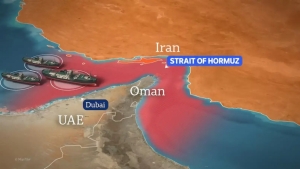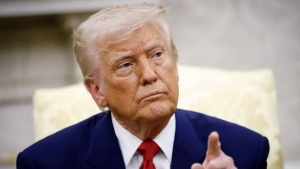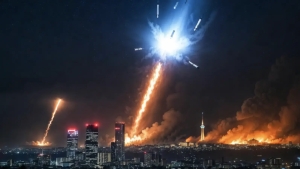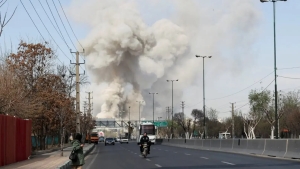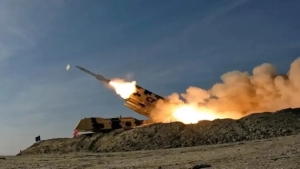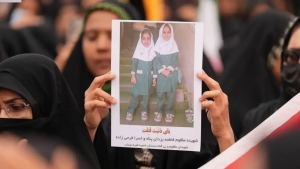Ukraine has agreed to the US peace plan: Details of the agreement have been revealed
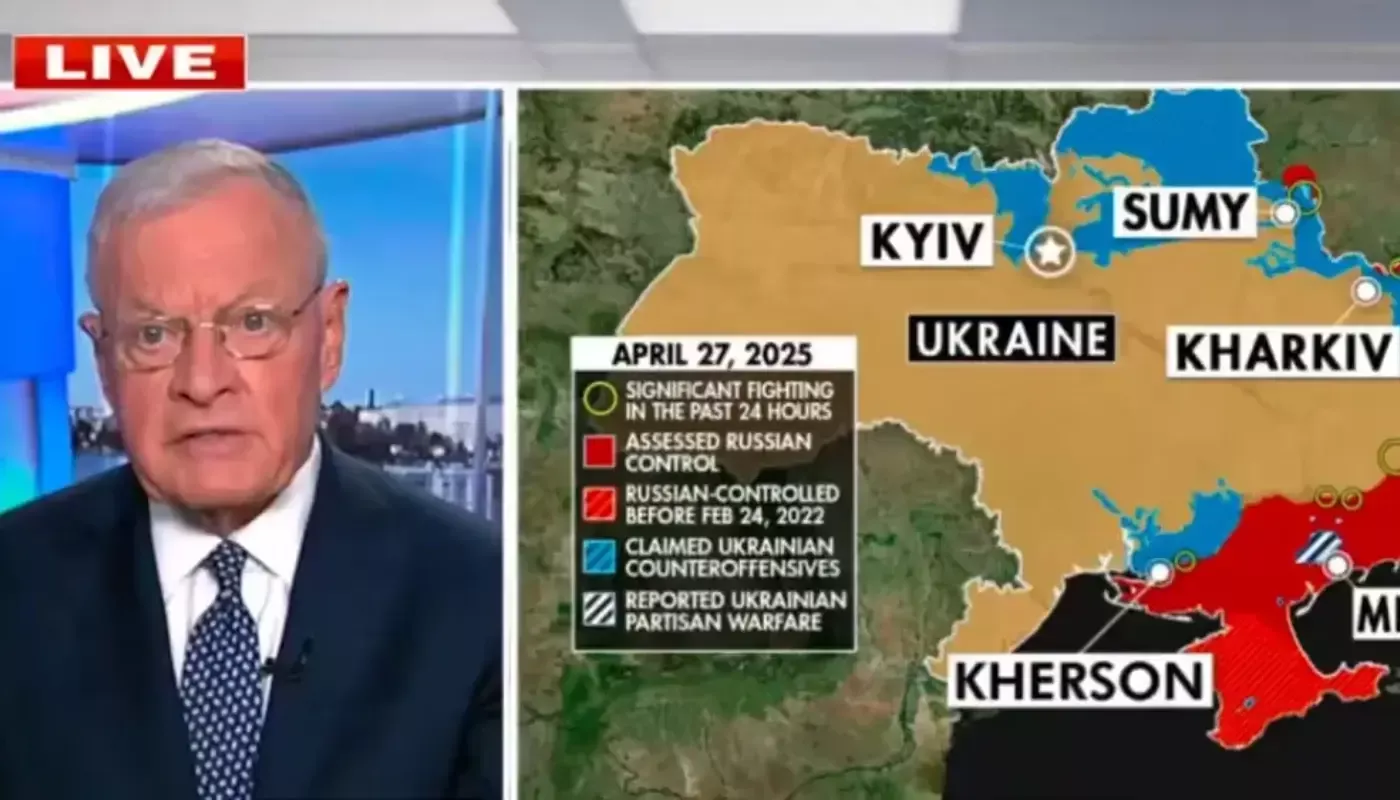
As a result of the negotiations held on April 23, Ukraine agreed to the terms of peace proposed by the United States. This was announced by the US President Donald Trump's special representative for Ukraine issues, Kurt Kellogg, in an interview with Fox News.
According to Kellogg, the US delegation gathered around the negotiating table with European countries and Ukrainian officials, presenting 22 specific conditions for establishing peace, which the Ukrainian side accepted.
“We held an important meeting with our Ukrainian colleagues and European countries. During the negotiations, we established 22 specific conditions, and the Ukrainian government accepted these conditions,” said Trump's special representative.
As noted in the document, the agreement primarily envisions a ceasefire while maintaining the existing line of control over the territories currently held by both sides. This implies a temporary "freezing" of military actions in the near future and transitioning to a 30-day ceasefire regime.
Additionally, the agreement states that the Ukrainian government has agreed to temporarily recognize the Russian side's control over Crimea and certain occupied territories. However, Kyiv does not legally recognize these territories as part of Russia. The US, in turn, has indicated its readiness to de jure recognize Crimea as belonging to Russia while being prepared to de facto recognize certain parts of Luhansk, Donetsk, Kherson, and Zaporizhia regions, considering the current situation.
“Ukrainian representatives indicated during the negotiations that with the ceasefire coming into effect, both sides are ready to remain in their current positions. This issue had already been discussed in recent meetings. They agreed to maintain the situation according to the current line of control,” Kellogg explained.
Although this US peace plan has not been officially announced, its main provisions have already become known. Specifically, this plan includes the return of certain parts of Ukraine's Kharkiv region, restoring control over the Zaporizhia nuclear power plant and Kakhovka hydroelectric station, ensuring the right to free movement on the Dnieper River, and regaining control over the strategically important Kinburn Spit in Mykolaiv region.
This agreement is being evaluated as an important step towards peace and is expected to be discussed more broadly in upcoming negotiations.


